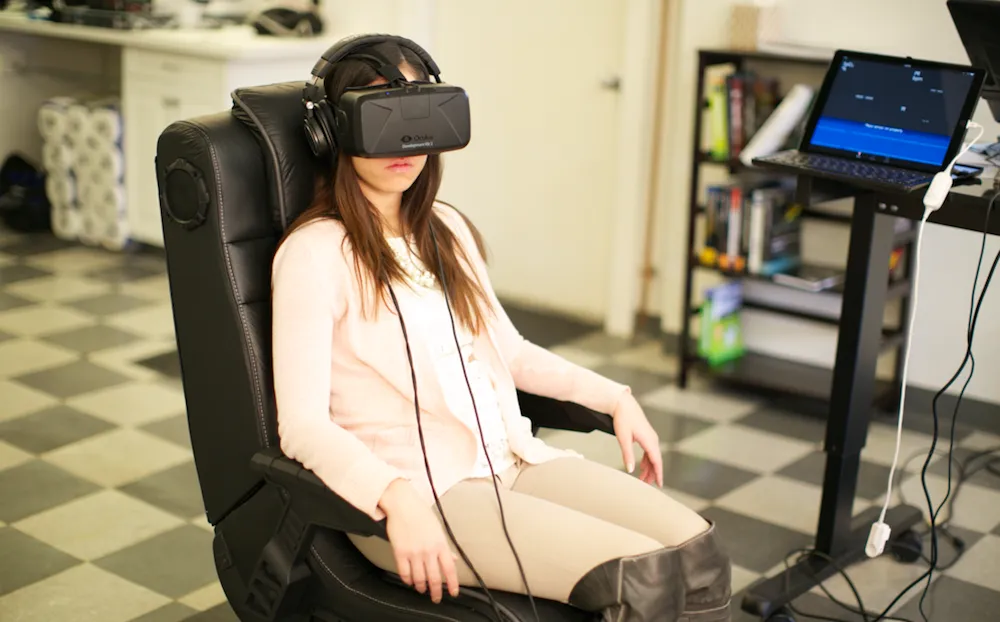Samsung has announced a new VR-focused partnership with Gangam Severance Hospital in Seoul. The electronics giant will provide VR headsets and wearable devices to the hospital, while software developer FNI will create mental health diagnostic tools and interventions.
Samsung did not detail in English how the hospital would utilize their tech when diagnosing patients, but the process will use a host of Samsung gadgets and software, including the GearVR headset, the Gear S3 smartwatch, and Samsung’s S Health app in combination with its virtual assistant Bixby.
Samsung also announced that a major focus of the partnership would be suicide prevention and intervention. South Korea has the highest suicide rate in East Asia, and the second highest in the world, behind Lithuania. Social stigma associated with mental health treatment, combined with weak patient privacy laws, prevent many South Koreans from seeking care for psychological issues.
These VR suicide prevention efforts will use cognitive-behavioral therapy (CBT). The treatment, which focuses on helping patients change unhealthy thought patterns, is ideally suited for virtual reality. Patients do not have to interact with a therapist or even an AI to receive treatment. Bibliotherapy, or therapy through reading, has been used to teach CBT to patients since the early 80s, while computer-based CBT made its debut in the 90s. In mild to moderately depressed patients, reading a CBT self-help book, paired with short phone check-ins from a therapist, offers as good or better outcomes than pharmaceuticals. However, in severely depressed patients contemplating suicide, the data are less clear, and medication remains the primary tool in treatment.
Virtual reality has been used in the treatment of mental health issues for decades. As far back as the mid-90s, both military and private doctors were using VR to treat PTSD and phobias through exposure therapy, where patients would face their fears in the virtual world, be it an IED or a giant spider. The recent proliferation in low-cost VR headsets has allowed the previously expensive therapy to hit the mainstream, and allowed researchers to test new VR treatments for dementia, eating disorders, end of life anxiety, and many others.






























